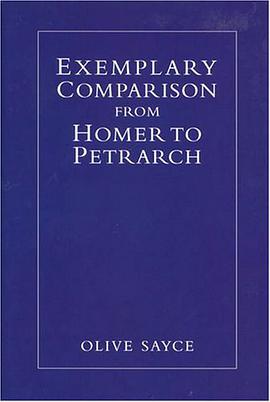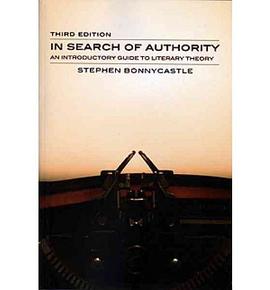

具体描述
The Chilean author, Diamela Eltit, whose work spans the periods of the Pinochet dictatorship (1973-1990) and the Transition to Democracy (1990-), is one of the most innovative and challenging writers in contemporary Latin America. This book focuses on the representation of motherhood in Eltit's first six novels and, through a chronological series of close readings, argues that the maternal body and mother-child relations are crucial for an understanding of the critical challenge posed by Eltit's narrative oeuvre, too frequently dismissed as 'hermetic'. An analysis of the novels' structure and language reveals how Eltit seeks to reconfigure the foundations of symbolic structures and so incorporate the mother as a subject. Although the study draws on a feminist psychoanalytic framework to explore Eltit's continuous disarticulation of key concepts that emanate from the West, specifically in relation to the formation of gender and sexuality, the work of the major Chilean cultural theorist, Nelly Richard, is also used to situate Eltit's work within the political and cultural context of Chile. MARY GREEN lectures in Hispanic Studies at the University of Wales, Swansea. Alternative short blurb: Focusing on the representation of motherhood in the first six novels of Diamela Eltit, the author, through a chronological series of close readings, argues that the maternal body and mother-child relations are crucial for an understanding of the critical challenge posed by Eltit's narrative oeuvre. Although the study draws on a feminist psychoanalytic framework to explore Eltit's continuous disarticulation of key concepts that emanate from the West, specifically in relation to the formation of gender and sexuality, the work of the major Chilean cultural theorist, Nelly Richard, is also used to situate Eltit's work within the political and cultural context of Chile.
作者简介
目录信息
读后感
评分
评分
评分
评分
用户评价
相关图书
本站所有内容均为互联网搜索引擎提供的公开搜索信息,本站不存储任何数据与内容,任何内容与数据均与本站无关,如有需要请联系相关搜索引擎包括但不限于百度,google,bing,sogou 等
© 2026 book.wenda123.org All Rights Reserved. 图书目录大全 版权所有




















